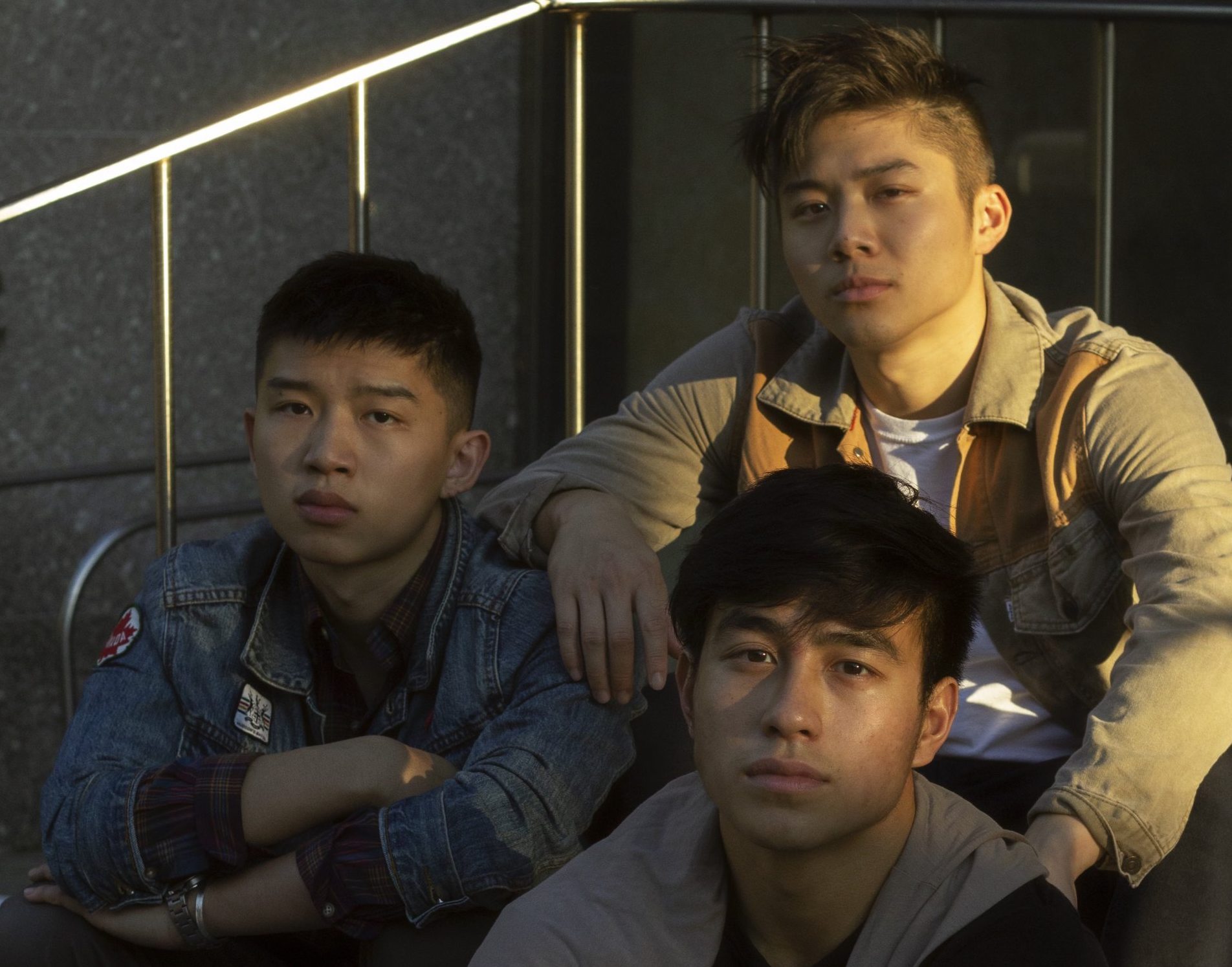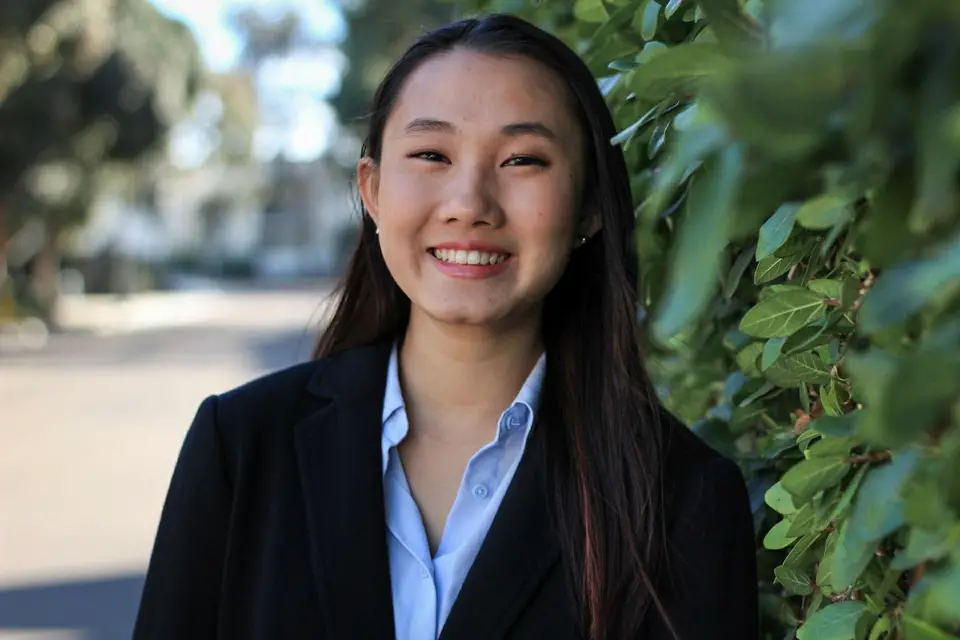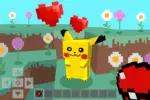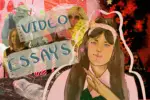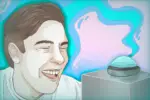Throughout most of the 20th century, Hollywood struggled to cast actors of color, especially Asian Americans. In films where Asian actors did make appearances, they often only served as the butt of a joke or the embodiment of an outdated caricature. In the last decade though, particularly within the last several years, Asian-American entertainers have gradually found an increased amount screen time.
This year’s “Crazy Rich Asians” made international headlines for being the first all-Asian cast since “The Joy Luck Club” in 1993. And on Netflix, Lana Condor stole hearts in her role as Lara Jean Covey on “To All the Boys I’ve Love Before,” an adaptation of a novel written by Jenny Han, a Korean American. As a result of the successes of the films, in tandem with changing attitudes regarding diversity in media, the practice of whitewashing minority characters has also begun to run into serious resistance; some even fear Scarlett Johansen may never act again. However, despite these recent breakthroughs, the silver screen still remains notoriously inaccessible for actors and actresses of color.
Other venues, however, have opened the doors for minority creators in ways that big-budget films never have. YouTube, in particular, has become an amazing platform for Asian entertainers, comedians, actors, musicians and internet phenoms. Creating videos to post online requires hardly any money, let alone the billion-dollar bankrolls most Hollywood flicks require, and the creative control lies squarely in the hands of those behind the cameras. Indeed, internet icons like Michelle Phan and Nigahiga found their start on YouTube, where anyone —regardless of skin color — was free to shoot their shot at celebrity.
One such promising group is CantoMando. Composed of three Canadian-born Chinese (CBC) twenty-somethings, the group’s YouTube channel has accrued more than 45,000 subscribers, and their videos have been watched upward of 2.4 million times, according to statistics from Social Blade. The trio has risen to prominence for their hilarious depictions of life as second-generation Chinese children, an experience largely unportrayed in mainstream media. In fact, the few popular depictions of what life is like for second-generation Chinese are often biased, with a tendency to embellish the characteristics that best align with preexisting Western stereotypes.
Rather than work dully to refute these stereotypes through academia or politics, Edward Leung, Mike Wu and Sheldon Ho have chosen a far more accessible, far more effective medium: comedy. Leung, Wu and Ho satirize Western misconceptions of Chinese life, such as the prevalence of the tiger mom stereotype, through skits and banter, and in doing so out the caricatures for what they are: ridiculous.
Importantly, though, the group does more than satirize: They find the humor in the experience of being second-generation Chinese. Whether it’s a feeling of embarrassment during school lunch because the food your mom packed smells of raw fish, or it’s the harrowing task of having to memorize dozens of phrases before Lunar New Years, these unique experiences are shared by many second-generation Chinese. By portraying these cultural landmarks in their videos, even if it’s just to lampoon them, CantoMando helps normalize the second-generation experience. Because the jokes the trio makes — both the dark and the lighthearted — are firmly rooted in reality, they are all hilariously relatable. And with their deft blend of humor and nostalgia, Leung, Wu and Ho have given an entire generation a new sense of common ground.
I got an opportunity to talk with the three YouTube savants about their channel, their experiences of growing up as CBCs and their plans for the future.
Christine Fang: Why, in your videos, do the three of you choose to focus on your identity as second-generation Chinese? Why that topic?
Leung: We chose to focus on our identities because we felt like there is a very distinct culture that Asians born in Western society have. For instance, we speak Chinglish a lot, which is a very visible, understandable blend of cultures, and we’ve lived in that blend from a very young age. Another example: many second-generation Asian immigrants were ridiculed for bringing traditional food to white schools. We wanted to turn that unpleasant experience into comedy for Asian Americans, to help them if they were struggling.
Ho: Growing up, I was the guy who hated being Asian. I wanted to go to white parties; I wanted to be a white guy. You see white people in the media constantly and you grow up thinking they’re the s—. I just neglected the culture, and there are probably a lot of people who are in a similar predicament. So, we figured if we make videos using language that shows the Asian-American experience, maybe people would have the same revelation that I did, where they realize, “There’s an entire community that’s felt this, and they should be proud of their language and culture.”
Wu: It’s also important to distinguish between Canadian-born Chinese and Asian immigrants; even though we share similarities like skin tone, our cultures are pretty different. In recent years though, we’ve seen a lot more Asian Americans surfacing and bringing up issues related to growing up Asian American, so we wanted to capitalize on our own experiences.
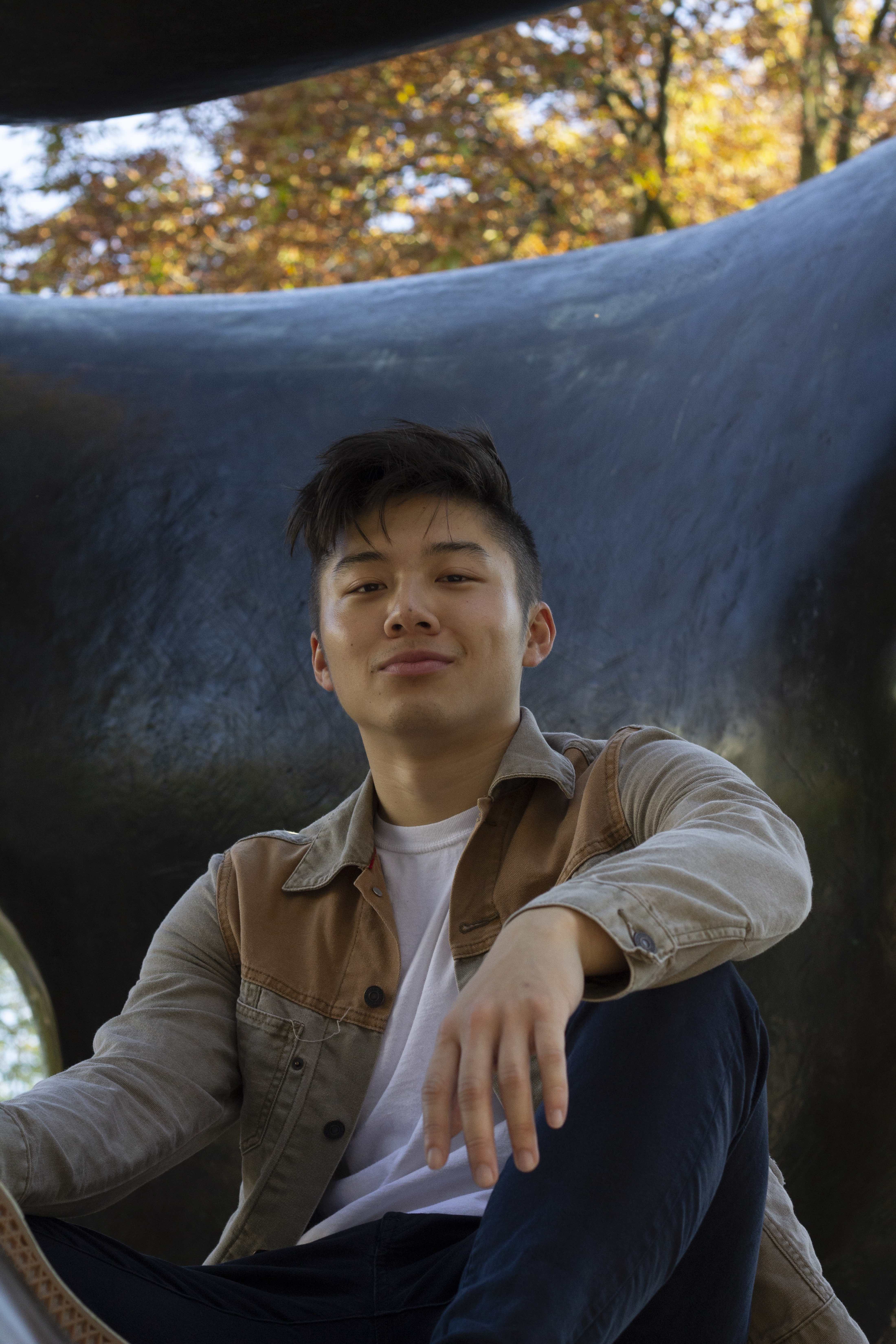
CF: Growing up, how did your environment affect your cultural identity?
Leung: When I was in primary school, I went to a school where I was one of the only Asians. Kids doing what kids do, they picked on me and didn’t know me for anything beyond what they could see. I experienced basically all the generic racist Asian jokes, so I was kind of slapped with the reality of racism at a pretty young age.
Ho: Were you ashamed?
Leung: Sometimes yes, like when I would bring sushi to school try to hide it, otherwise kids would be like, “What’s that smell?” I never really thought, “I wished I was white,” though. It wasn’t as severe as what Sheldon was facing before. But yeah, it has an effect on you.
Ho: We grew up in a very Asian neighborhood and that actually had a negative effect on how I viewed myself as an Asian. Even though everyone around me was Asian, because what the media suggested was “cool” was not that, I developed a really negative view of myself. Ultimately, it’s all about your viewpoint, because now I have a very different view of myself and I really embrace the environment I’m in.
CF: What were you favorite and least favorite parts about growing up Asian?
Leung: My favorite part is that I get this second culture: I have these festivities, I speak the language, I can listen to songs and I can speak to people if I were to go to Asia. It feels like I have a varied skill set. In terms of least favorite, growing up it was definitely the racism you face. I mean it’s subtle, but that’s the worst kind. If you’re going to say it, you might as well say it to my face instead of making snide remarks about chopsticks, right? It doesn’t bother me as much now, but there’s nothing you can do about it; some people will be arrogant no matter what.
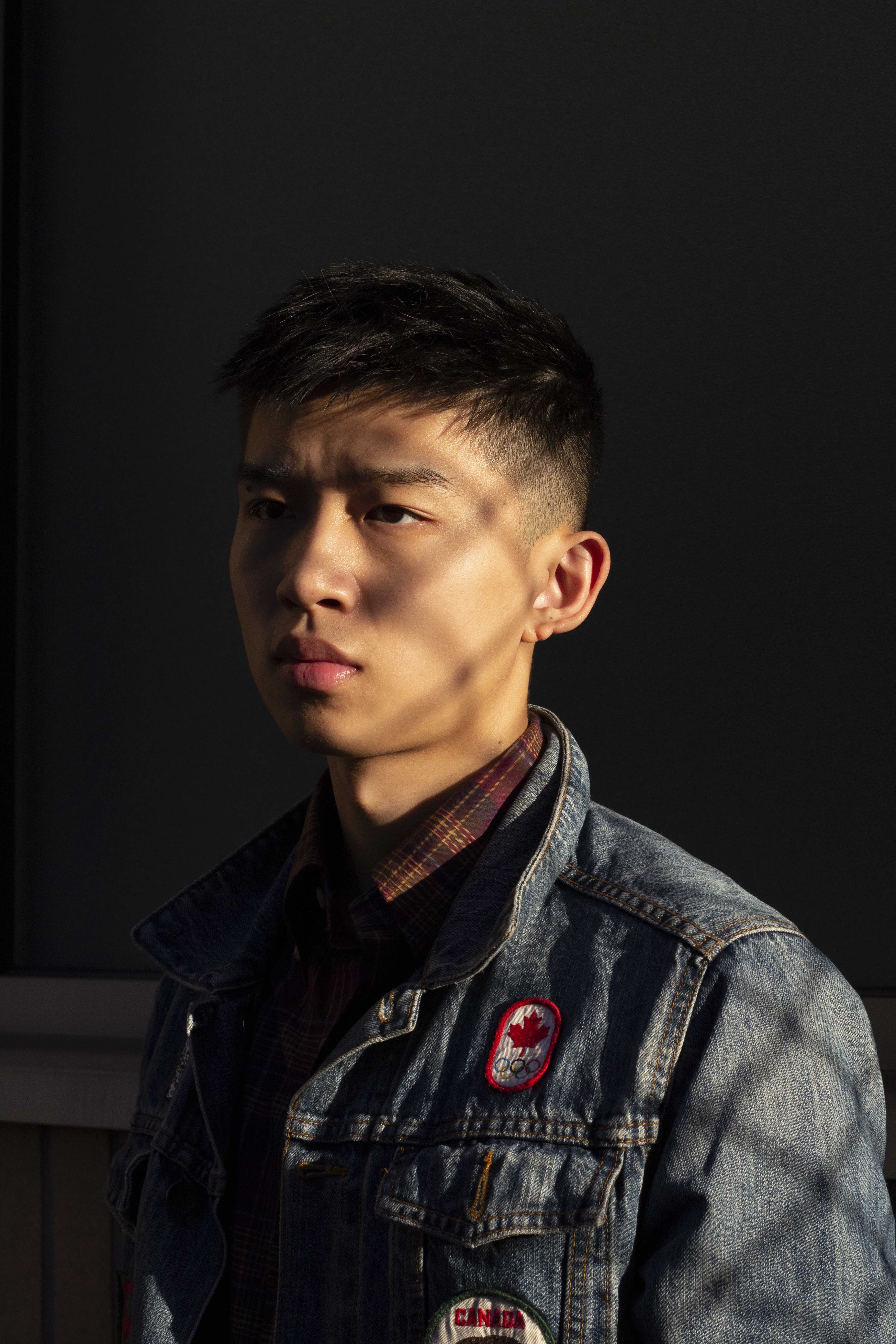
Wu: I think my favorite part about being Asian, like Edward said, is the culture, especially going back and being able to communicate, because a lot of my family is in China. Also I think part of it is being the underdog. For example, when you go play basketball, people expect you to be bad because you’re Asian and you’re short — how can you be good? In terms of the worst part, I have two. One of them is that, being Asian, I can’t grow facial hair, so I’m stuck with a baby face. But the bad part about being Asian growing up is the overprotective parents. I mean, it’s not bad; it turns out to be good, you know? But Saturdays were always tutoring, then art and drawing classes. At the end of the day though, when you’re grown up you have a new skill.
Ho: The family-oriented aspect of it is what I appreciated. Growing up, we always had family-oriented everything. At the same time, that’s something I don’t like about Asian culture: the idea that you are living your life to do the best for your parents. For instance, when I was deciding what to study in university, there was always this expectation and this pressure that I would study engineering.
Looking back, although no one explicitly forced me to, I was heavily influenced to study engineering because of family expectations and the desire to please my parents and make them proud. That’s something that really bugs me about the culture: that we’re raised to please our parents, as opposed to following our own personal goals. So, growing up you have to balance the “Follow your dreams!” mentality of Western culture with the “Please the family” mentality of Asian culture.
CF: What are your thoughts on the idea that certain Chinese dialects, like Cantonese, are dying?
Ho: Growing up, I spoke Cantonese at home, and it was all I knew. When I found out that Mandarin was the majority language, I resented my Cantonese side, and constantly wished that I spoke Mandarin. I never really appreciated the language or the culture behind it. Now that I’ve exposed myself to it more, I really love the language. I never really appreciated the language. That’s one of the reasons, now, we aim to create videos in Cantonese and in Mandarin. We do the Cantonese ones, though, because we want to promote the culture behind the language. There are speakers in Asia, there are speakers in America and there are tons of people who come here and speak it at home, but never in public. People like us. But people like us can keep the language and culture going if we learn to embrace it and become more interested in it.
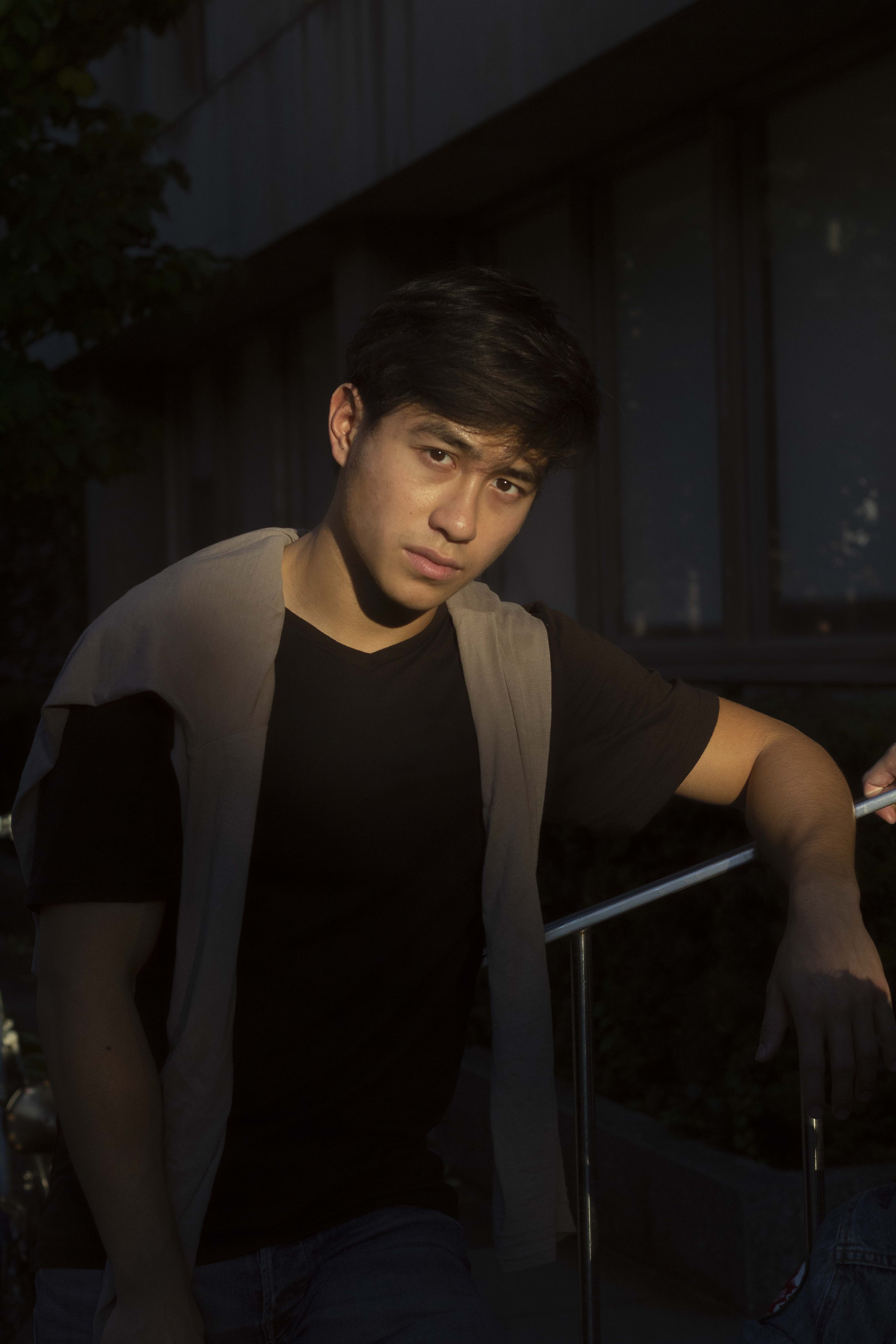
Wu: Even coming from a Mandarin speaker, growing up I always felt left being unable to speak Cantonese, because mostly everybody at school spoke it. A lot of people also don’t understand that it’s an issue until someone raises it, because it doesn’t affect people who speak Mandarin.


